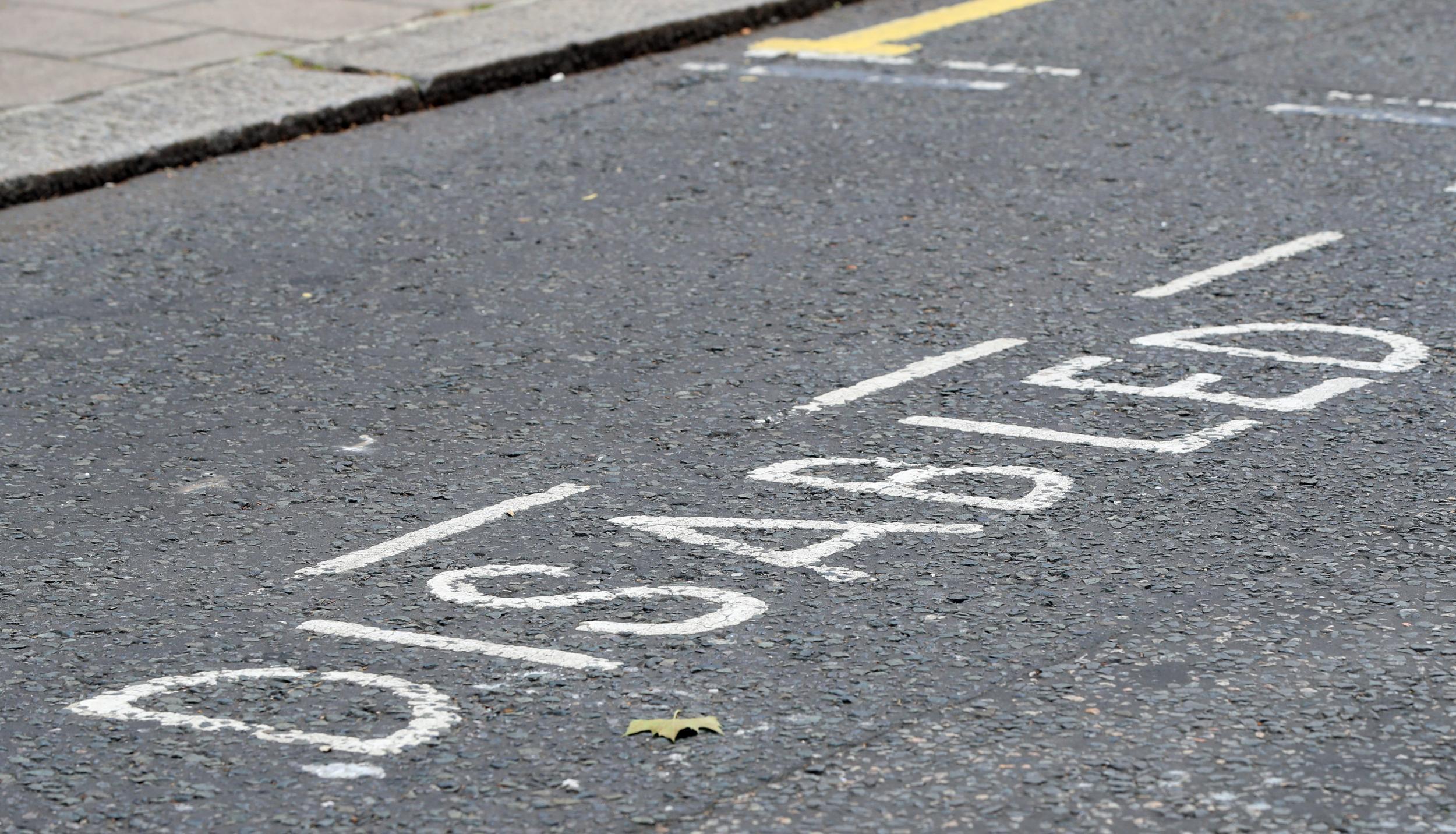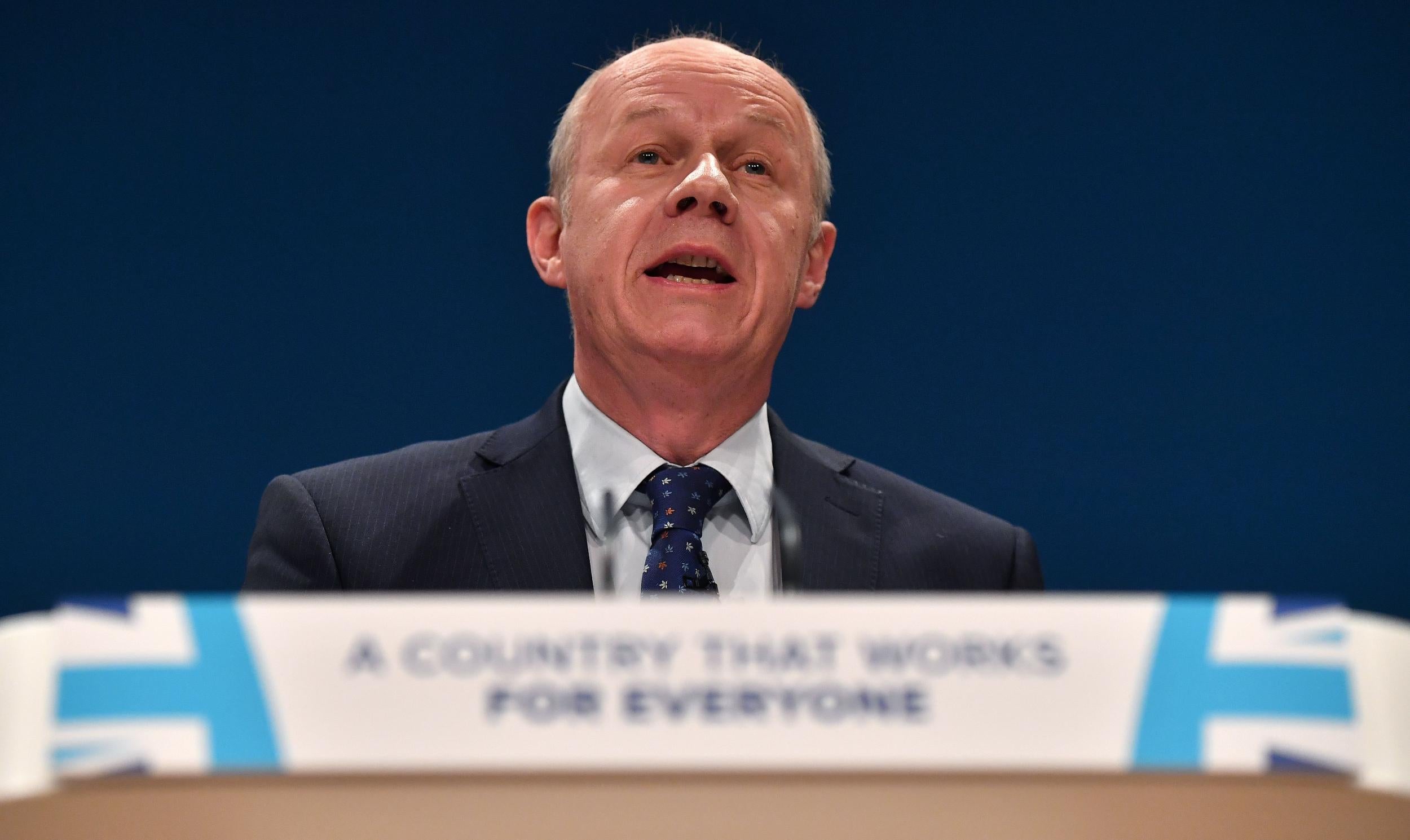British government systematically violating the rights of the disabled, UN inquiry warns
Disabled people were said to be demonised and presented as burdens on the taxpayer

Your support helps us to tell the story
From reproductive rights to climate change to Big Tech, The Independent is on the ground when the story is developing. Whether it's investigating the financials of Elon Musk's pro-Trump PAC or producing our latest documentary, 'The A Word', which shines a light on the American women fighting for reproductive rights, we know how important it is to parse out the facts from the messaging.
At such a critical moment in US history, we need reporters on the ground. Your donation allows us to keep sending journalists to speak to both sides of the story.
The Independent is trusted by Americans across the entire political spectrum. And unlike many other quality news outlets, we choose not to lock Americans out of our reporting and analysis with paywalls. We believe quality journalism should be available to everyone, paid for by those who can afford it.
Your support makes all the difference.The Government’s welfare reforms and austerity policies have led to “grave and systematic violations” of disabled people’s rights, an inquiry by the United Nations found.
The UN Committee on the Rights of Persons with Disabilities dispatched investigators to London, Manchester, Birmingham, Cardiff, Edinburgh and Belfast in October last year.
They found that a string of legislation introduced since 2010 as part of welfare reforms and austerity policies had had a negative impact, including the Welfare Reform Act 2012, Care Act 2014, and Welfare Reform and Work Act 2016.
UK disability charities, which have long warned against the Government’s approach to disability, said the UN findings confirmed that Tory policies are making life harder for disabled people. However, the Conservative minister in charge of the welfare system branded the committee’s approach as “patronising and offensive”.
The UN report warned that cuts and changes to disability support under the Conservative-led government had “hindered disabled people’s right to live independently and be included in the community”.
Disabled people were also routinely portrayed as being “dependent or making a living out of benefits, committing fraud as benefit claimants, being lazy or putting a burden on taxpayers”, the report found.
Other policies such as the bedroom tax and benefit sanctions had also disproportionately affected the disabled, while work schemes had “no visible impact” in helping disabled people find work and were sometimes counterproductive.

The report comes as former Work and Pensions Secretary Iain Duncan Smith called on the Government to look at ending its freeze on working age benefits and more funding for Universal Credit.
Dan Scorer, head of policy at Mencap, a learning disability charity, warned that more policies in the pipeline would have similar effects.
“This report is further acknowledgement that cutting disabled people’s benefits will only make life harder and isolate people further from inclusion in employment and wider society,” he said.
“People with a learning disability face massive exclusion from the labour market, and have seen their benefits and funding for vital social care services reduced. With further cuts to Employment and Support Allowance being introduced in April, we urge the Government to use next week’s backbench debate in Parliament as an opportunity to reconsider this cut.”
Michelle Mitchell, chief executive of Multiple Sclerosis Society, said the report was “yet more evidence” to support changes to the way the Government dealt with disabled people.
Labour’s shadow Work and Pensions Secretary Debbie Abraham said her party would take a different approach and that the report was “reliable evidence that shows this Tory government is responsible for grave violations of the rights of disabled people under its failing austerity plan”.
However, Damian Green, the Work and Pensions Secretary, said cuts to support for disabled people did not necessarily mean worse outcomes.
“The UN measures success as the amount of money poured into the system, rather than the work and health outcomes for disabled people,” he said.
“The UK is a recognised world leader in disabled rights and equality. Not only do we spend about £50bn a year to support sick and disabled people, but we also offer a wide range of tailored and effective support, which this report fails to recognise.
“Our work and health green paper marks a turning point in our action to confront the attitudes, prejudices and misunderstandings within the minds of employers and across wider society.”
Join our commenting forum
Join thought-provoking conversations, follow other Independent readers and see their replies
Comments